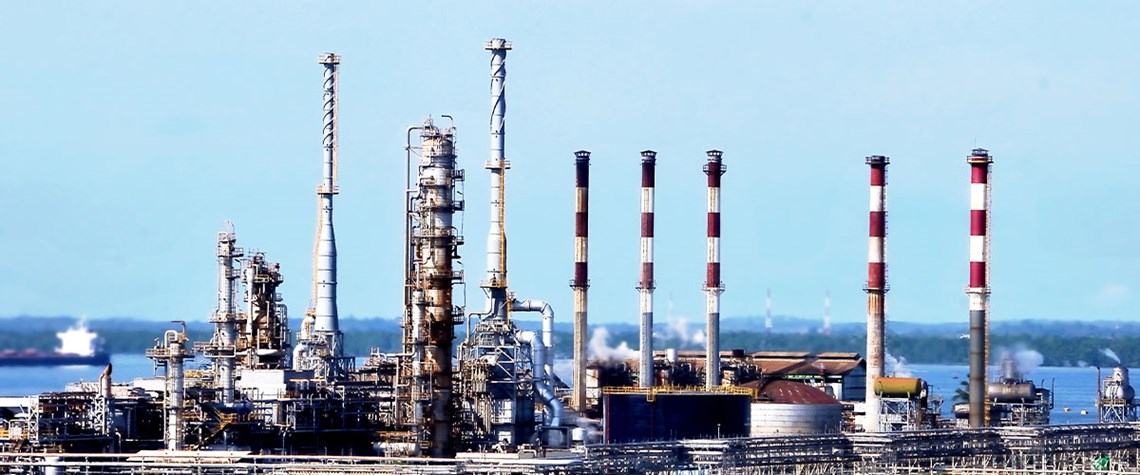Southeast Asian NOCs plot divergent transition strategies
The three most prominent NOCs in Southeast Asia will play to their individual strengths as they seek to decarbonise, with each company looking to capitalise on opportunities in their local markets
Malaysia’s Petronas, Indonesia’s Pertamina and Thailand’s PTT have been tasked by their respective governments to safeguard and monetise their nation’s hydrocarbons resources while ensuring energy security. At the same time, Indonesia, Malaysia and Thailand have all announced net-zero targets. As the largest state-owned enterprise in each country, the NOCs will play an outsize role in how their governments will reduce emissions in the coming decades. And that could result in a conflict between achieving these potentially converse strategic goals. Each company has embarked on lower-carbon pathways and outlined individual decarbonisation ambitions. Petronas targets net-zero emissions by 2050,

Also in this section
26 February 2026
OPEC, upstream investors and refiners all face strategic shifts now the Asian behemoth is no longer the main engine of global oil demand growth
25 February 2026
Tech giants rather than oil majors could soon upend hydrocarbon markets, starting with North America
25 February 2026
Capex is concentrated in gas processing and LNG in the US, while in Canada the reverse is true
25 February 2026
The surge in demand for fuel and petrochemical products in Asia has led to significant expansion in refining and petrochemicals capacities, with India and China leading the way







